“JARJEER MULE AND DONKEY REFUGE”, a bright yellow signboard at the gate reads vividly.
Five dogs come charging at us from a distance. “Shit! Shit! Shit!” Pratyush breaks into a shrill, discordant tune like a parrot on amphetamines. Torn between comforting him and laughing at his misery like the good wife I am, I hold his hand and signal him to stay calm.
The dogs draw close and start sniffing us all over when we hear someone say, “So you already have a big reception here!”
We see Charles approaching us, a thin frame with a face a map of creases. The dogs are giddy with excitement by this point. He greets and escorts us inside.
It’s remarkably quiet when we enter, but for the occasional bark of a dog, or perhaps the bray of a young mule.
An hour ago, we had hopped on a local bus and ridden 20 miles south of Marrakech to arrive at Jarjeer, a shelter for abandoned mules and donkeys in Morocco.
To anyone who has been to the country, the plight of these animals is no secret. Moroccan families depend heavily on donkeys to provide a cheap alternative for transport and assist with heavy work. But when the donkeys turn old or get sick, they become a financial burden on families that are, themselves, struggling to make ends meet. An easy solution is to dump them in a ditch or on the highway.
“We’re only trying to provide these animals a chance to live out their retirement years with dignity,” Charles observes in a recognizable British accent, as he walks us through the courtyard to introduce us to the donkeys.
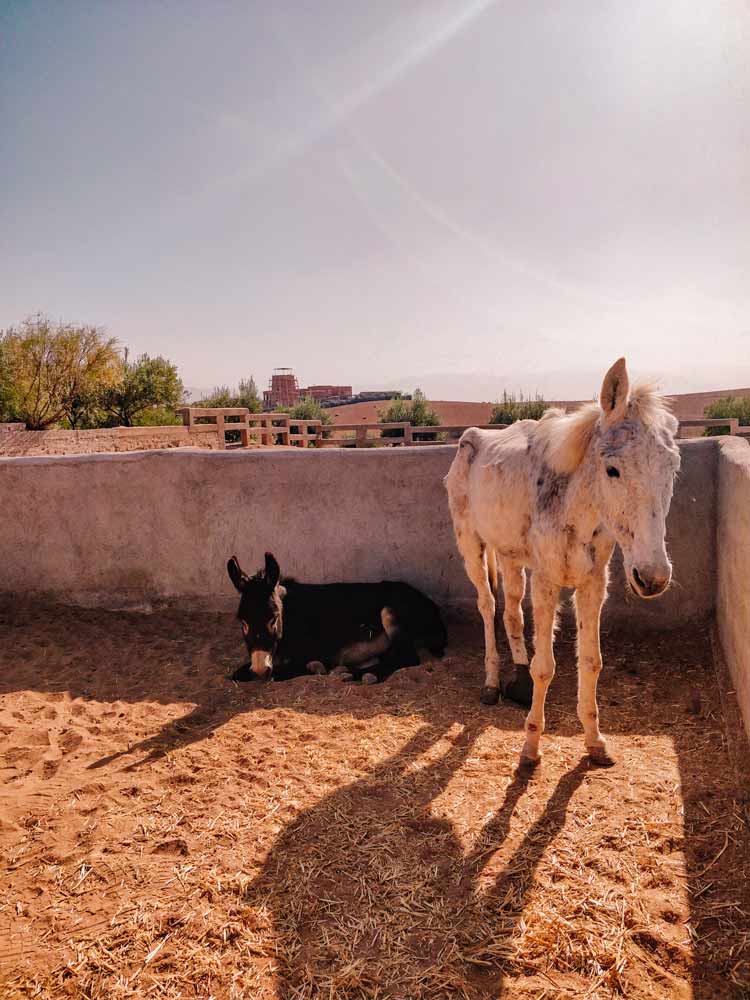
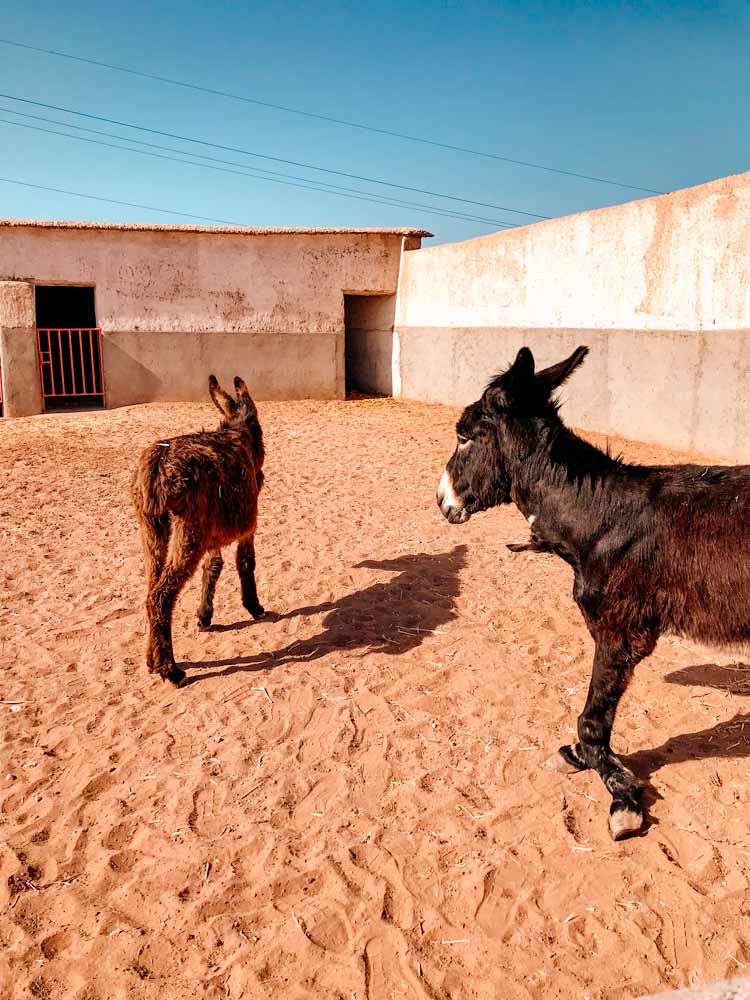
We meet Jasper, Ruby, and Pearl. I ask him how he remembers all those names. He shrugs, then talks about how each one of them has its own little quirk. A twitchy eye, an odd limp, a unique bray.
The donkeys are all surprisingly friendly. I caress their chins, the way you’d do to a dog, and they seem to enjoy this immensely. Tinker and Margaret vie for cuddles and chin rubs. Audrey, though shy at first, quickly follows suit.
Pippa, with her broken back, teaches me a lesson in unbroken grit. I also learn about forgiveness from Hero, who had his ears chopped off by a human being but still allows me to pet him.
I take a particular liking to Melanie while running my fingers through her matted, brown coat. And when she starts chomping on my hand, I get a feeling that she likes me, too.
Susan, Charles’s wife, joins us soon after. She’s about in her 60s and looks nothing like how I had pictured her when we spoke on the phone earlier.
We ask the couple if their affection for animals led them to make this life choice. They share a glance, then unanimously conclude that they were never crazy animal lovers. They just chose to take things as they came. “We adore all the rescues here, though. They’re all like our babies”, Charles chuckles.
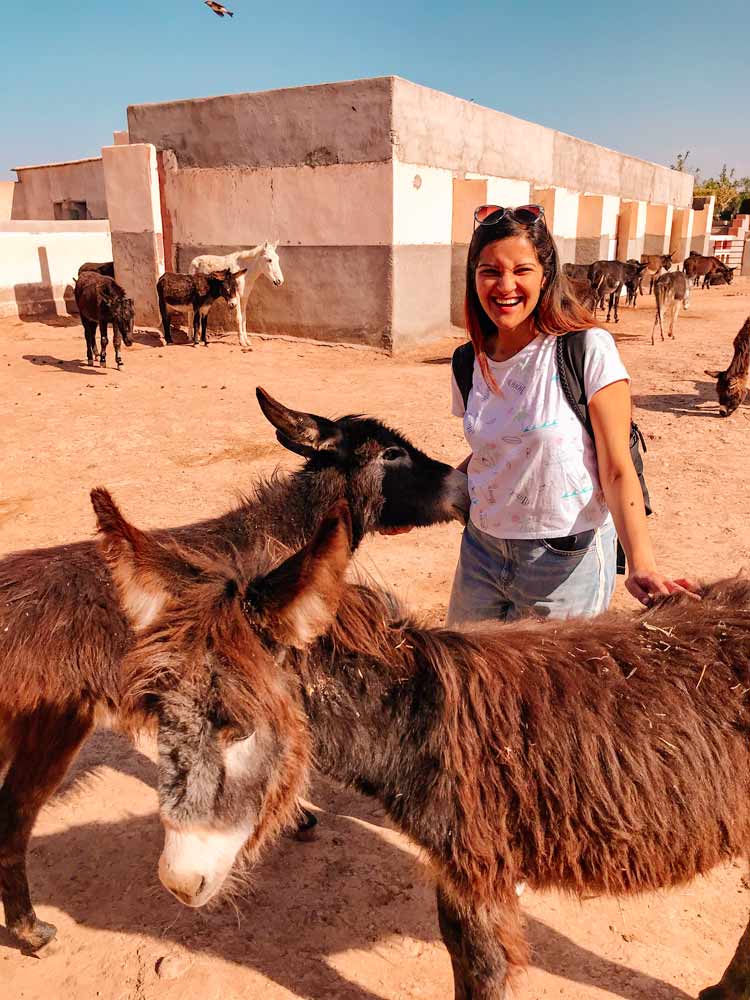
Somewhere in the conversation, we casually mention that it’s our wedding anniversary. “Lovely,” Susan exclaims. “Would you fancy a glass of wine? We do know that many Indians don’t drink.” Now, if you’re a tourist in an Islamic country and a local offers you wine, you wouldn’t want to pass up the offer, I’ll tell you that.
So we sit in their living room – four people from distinct nationalities and different generations, separated by a gaping 200-year-long colonial divide. We sip delicious Rosé and talk about life in Morocco, Brexit, the political landscape in India, etc. Loud hee-haws can be heard in the background, as the donkeys get ready for dinner.
Sarah, one of the dogs, nuzzles her nose into the crook of Pratyush’s arm and lies there. He’s visibly nervous but lets her be. It occurs to me that I married the right guy, after all.
You can visit Jarjeer Mule and Donkey Refuge on your next trip to Morocco: https://goo.gl/maps/YDWMdondN2ZWffdY6
Learn more about the sanctuary and get in touch at https://www.jarjeer.org/

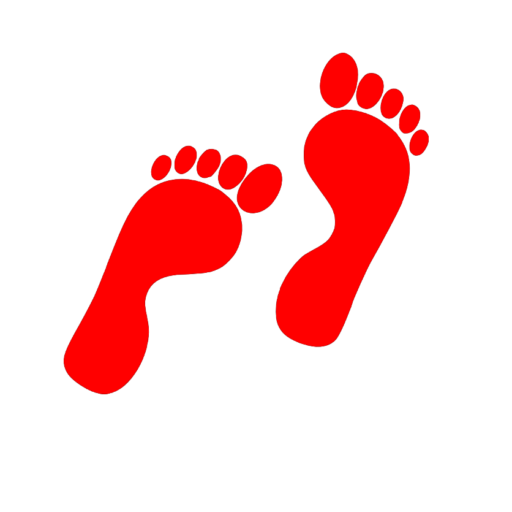
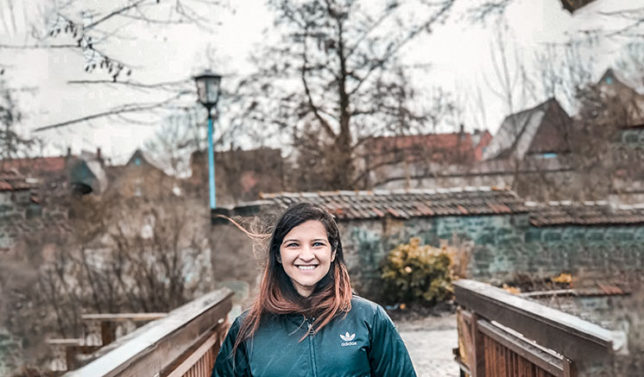
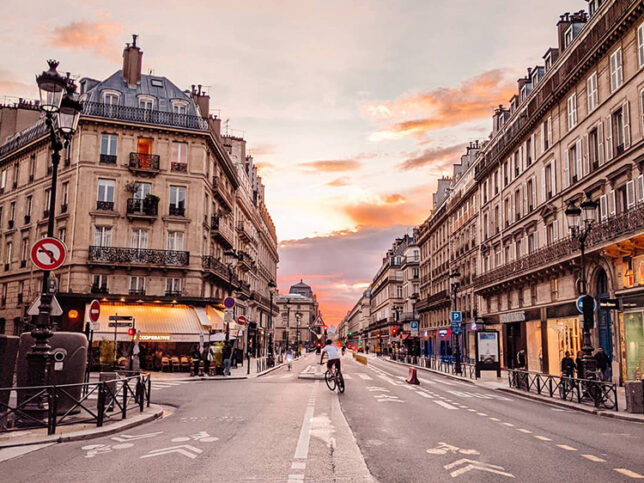


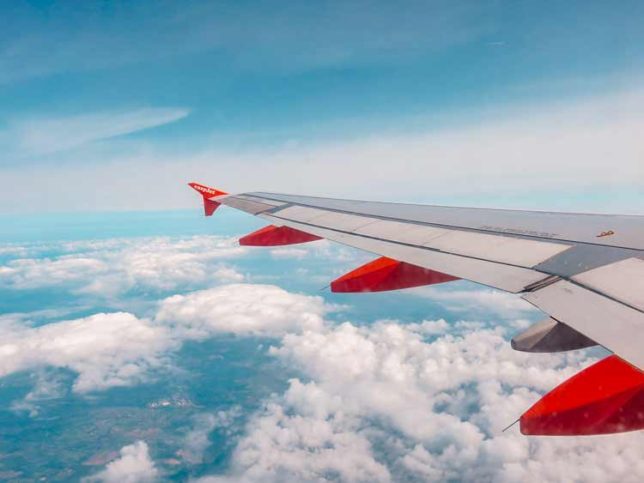
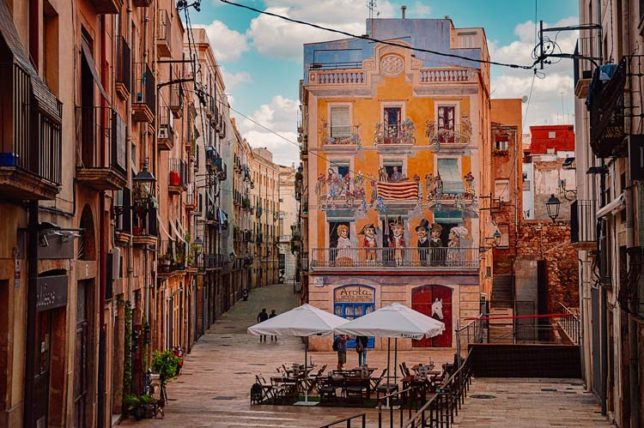
1 Comment. Leave new
Very informative